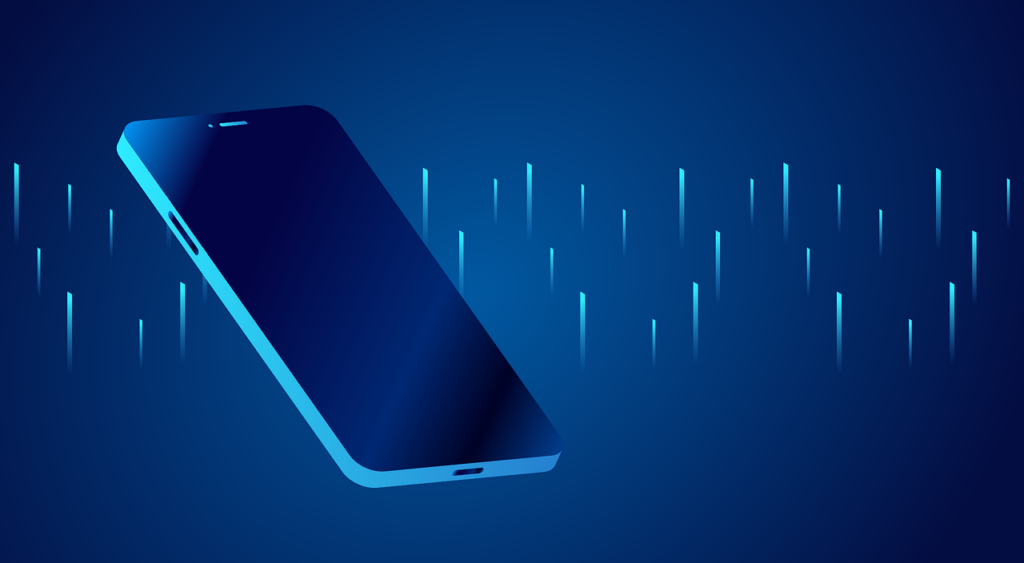The next generation of wearable devices: What innovations can we expect in the coming years?
3 min read
Advancements in Biometric Sensors: Revolutionizing Wearable Devices
Wearable devices have become increasingly popular in recent years, with smartwatches, fitness trackers, and virtual reality headsets dominating the market. These devices have revolutionized the way we interact with technology, allowing us to track our health, stay connected, and immerse ourselves in virtual worlds. But what can we expect from the next generation of wearable devices? In this article, we will explore the advancements in biometric sensors that are set to revolutionize wearable devices in the coming years.
One of the most exciting developments in wearable technology is the advancement of biometric sensors. These sensors are capable of measuring various physiological and biochemical parameters, providing valuable insights into our health and well-being. While current wearable devices can already track heart rate, steps taken, and calories burned, the next generation of biometric sensors will take this to a whole new level.
One area where biometric sensors are set to make a significant impact is in the field of healthcare. Imagine a wearable device that can continuously monitor your blood glucose levels, alerting you when they are too high or too low. This would be a game-changer for people with diabetes, eliminating the need for constant finger pricks and providing real-time data to help manage their condition.
Biometric sensors could also revolutionize the way we monitor our mental health. Imagine a wearable device that can detect changes in your brain activity and alert you when you are experiencing high levels of stress or anxiety. This could help individuals take proactive steps to manage their mental health, such as practicing mindfulness or seeking professional help.
Another area where biometric sensors are set to make a significant impact is in the field of sports and fitness. Current wearable devices can already track heart rate and calories burned, but the next generation of biometric sensors will be able to provide even more detailed information. Imagine a smartwatch that can measure your lactate threshold, allowing you to optimize your training and improve your performance. Or a fitness tracker that can analyze your running gait and provide real-time feedback to help you run more efficiently and reduce the risk of injury.
Biometric sensors are not only set to revolutionize healthcare and fitness but also the way we interact with technology. Imagine a virtual reality headset that can track your eye movements and adjust the display accordingly, providing a more immersive and realistic experience. Or a smartwatch that can detect your mood based on changes in your skin conductance and adjust the music playlist accordingly, creating a personalized and mood-enhancing music experience.
In conclusion, the next generation of wearable devices is set to be revolutionized by advancements in biometric sensors. These sensors will not only provide valuable insights into our health and well-being but also revolutionize the way we interact with technology. From continuous glucose monitoring for people with diabetes to real-time feedback on running form, the possibilities are endless. As technology continues to advance, we can expect wearable devices to become even more integrated into our daily lives, helping us live healthier, more connected, and more immersive lives. So, get ready for the next wave of wearable devices – it’s going to be an exciting ride!